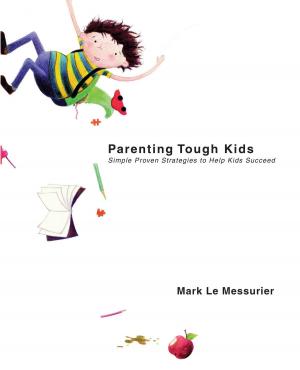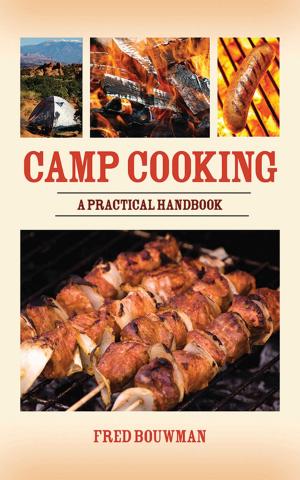Wild Rice
An Essential Guide to Cooking, History, and Harvesting
Nonfiction, Food & Drink, Pasta & Rice, Reference| Author: | Susan Carol Hauser | ISBN: | 9781632201911 |
| Publisher: | Skyhorse | Publication: | November 18, 2014 |
| Imprint: | Skyhorse | Language: | English |
| Author: | Susan Carol Hauser |
| ISBN: | 9781632201911 |
| Publisher: | Skyhorse |
| Publication: | November 18, 2014 |
| Imprint: | Skyhorse |
| Language: | English |
The Ojibwe people call wild rice mahnomen,” the good berry. Wild Rice elaborates on the many elements of that tradition, and brings it forward in fresh, delectable recipes. This comprehensive guide to Zizania palustris tells the story of North America’s only native grain, from its emergence in the western Great Lakes area to its use in today’s kitchens. The book demystifies the purchasing of wild rice-black or brown, long grain or short grain, lake rice or river rice, US rice or Canadian rice-clarifies cooking options, and proposes wild rice as a fast food (cook a full pound and freeze in small packets).
The recipes range from simple soups to gourmet entrées and food for a crowd. Traditionally, wild rice was harvested from canoes and parched in iron kettles over open fires. Although these old ways are still practiced, much of today’s wild rice is cultivated in flooded fields-rice paddies-in the Upper Midwest and in California, and is harvested with combines and processed with machinery. The question arises: Which is better-tasting and more nutritious-naturally occurring wild rice or cultivated wild rice?
Skyhorse Publishing, along with our Good Books and Arcade imprints, is proud to publish a broad range of cookbooks, including books on juicing, grilling, baking, frying, home brewing and winemaking, slow cookers, and cast iron cooking. We’ve been successful with books on gluten-free cooking, vegetarian and vegan cooking, paleo, raw foods, and more. Our list includes French cooking, Swedish cooking, Austrian and German cooking, Cajun cooking, as well as books on jerky, canning and preserving, peanut butter, meatballs, oil and vinegar, bone broth, and more. While not every title we publish becomes a New York Times bestseller or a national bestseller, we are committed to books on subjects that are sometimes overlooked and to authors whose work might not otherwise find a home.
The Ojibwe people call wild rice mahnomen,” the good berry. Wild Rice elaborates on the many elements of that tradition, and brings it forward in fresh, delectable recipes. This comprehensive guide to Zizania palustris tells the story of North America’s only native grain, from its emergence in the western Great Lakes area to its use in today’s kitchens. The book demystifies the purchasing of wild rice-black or brown, long grain or short grain, lake rice or river rice, US rice or Canadian rice-clarifies cooking options, and proposes wild rice as a fast food (cook a full pound and freeze in small packets).
The recipes range from simple soups to gourmet entrées and food for a crowd. Traditionally, wild rice was harvested from canoes and parched in iron kettles over open fires. Although these old ways are still practiced, much of today’s wild rice is cultivated in flooded fields-rice paddies-in the Upper Midwest and in California, and is harvested with combines and processed with machinery. The question arises: Which is better-tasting and more nutritious-naturally occurring wild rice or cultivated wild rice?
Skyhorse Publishing, along with our Good Books and Arcade imprints, is proud to publish a broad range of cookbooks, including books on juicing, grilling, baking, frying, home brewing and winemaking, slow cookers, and cast iron cooking. We’ve been successful with books on gluten-free cooking, vegetarian and vegan cooking, paleo, raw foods, and more. Our list includes French cooking, Swedish cooking, Austrian and German cooking, Cajun cooking, as well as books on jerky, canning and preserving, peanut butter, meatballs, oil and vinegar, bone broth, and more. While not every title we publish becomes a New York Times bestseller or a national bestseller, we are committed to books on subjects that are sometimes overlooked and to authors whose work might not otherwise find a home.















